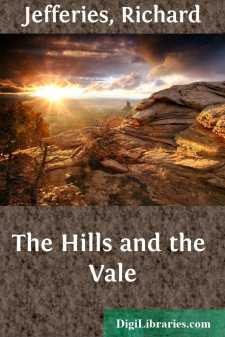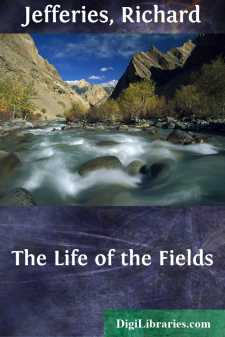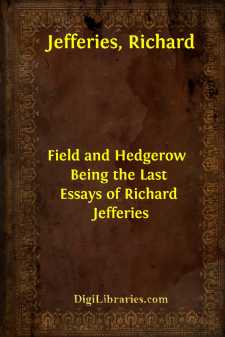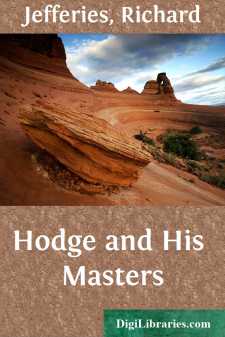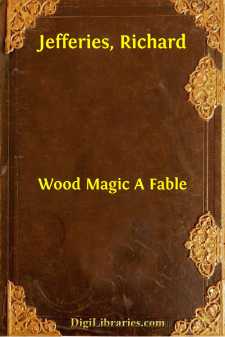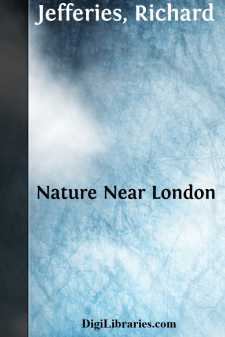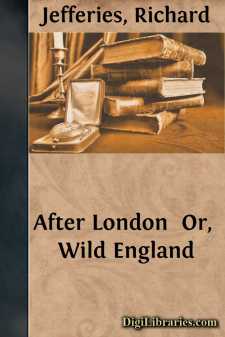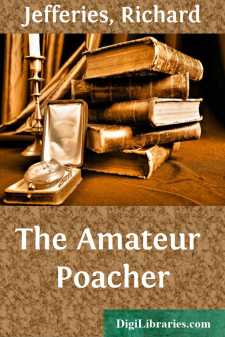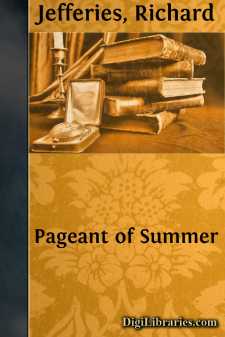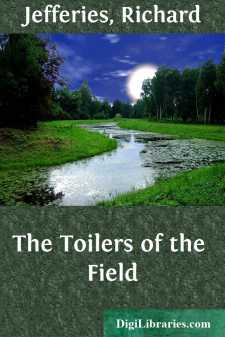Categories
- Antiques & Collectibles 13
- Architecture 36
- Art 48
- Bibles 22
- Biography & Autobiography 813
- Body, Mind & Spirit 142
- Business & Economics 28
- Children's Books 17
- Children's Fiction 14
- Computers 4
- Cooking 94
- Crafts & Hobbies 4
- Drama 346
- Education 46
- Family & Relationships 57
- Fiction 11829
- Games 19
- Gardening 17
- Health & Fitness 34
- History 1377
- House & Home 1
- Humor 147
- Juvenile Fiction 1873
- Juvenile Nonfiction 202
- Language Arts & Disciplines 88
- Law 16
- Literary Collections 686
- Literary Criticism 179
- Mathematics 13
- Medical 41
- Music 40
- Nature 179
- Non-Classifiable 1768
- Performing Arts 7
- Periodicals 1453
- Philosophy 64
- Photography 2
- Poetry 896
- Political Science 203
- Psychology 42
- Reference 154
- Religion 513
- Science 126
- Self-Help 84
- Social Science 81
- Sports & Recreation 34
- Study Aids 3
- Technology & Engineering 59
- Transportation 23
- Travel 463
- True Crime 29
The Hills and the Vale
Description:
Excerpt
INTRODUCTION
This book consists of three unpublished essays and of fifteen reprinted from Longman's Magazine, Fraser's Magazine, the New Quarterly, Knowledge, Chambers's Magazine, the Graphic, and the Standard, where they have probably been little noticed since the time of their appearance. Several more volumes of this size might have been made by collecting all the articles which were not reprinted in Jefferies' lifetime, or in 'Field and Hedgerow' and 'Toilers of the Field,' shortly after his death. But the work in such volumes could only have attracted those very few of the omnivorous lovers of Jefferies who have not already found it out. After the letters on the Wiltshire labourer, addressed to the Times in 1872, he wrote nothing that was not perhaps at the time his best, but, being a journalist, he had often to deal immediately, and in a transitory manner, with passing events, or to empty a page or two of his note-books in response to an impulse assuredly no higher than habit or necessity. Many of these he passed over or rejected in making up volumes of essays for publication; some he certainly included. Of those he passed over, some are equal to the best, or all but the best, of those which he admitted, and I think these will be found in 'The Hills and the Vale.' There are others which need more excuse. The two early papers on 'Marlborough Forest' and 'Village Churches,' which were quoted in Besant's 'Eulogy,' are interesting on account of their earliness (1875), and charming enough to please those who read all Jefferies' books. 'The Story of Swindon,' 'Unequal Agriculture,' and 'Village Organization,' will be valued for their matter, and because they are examples of his writing, and of his interests and opinions, before he was thirty. That they are partly out of date is true, but they are worth remembering by the student of Jefferies and of his times; they do credit to his insight and even to his foresight; and there is still upon them, here and there, some ungathered fruit. The later agricultural articles, 'The Idle Earth,' 'After the County Franchise,' and 'The Wiltshire Labourer,' are the work of his ripe years. There were also several papers published not only after his death, but after the posthumous collections. I have included all of these, for none of them needs defence, while 'Nature and Eternity' ranks with his finest work. The three papers now for the first time printed might have been, but are not, admitted on that ground alone. 'On Choosing a Gun' and 'Skating' belong to the period of 'The Amateur Poacher,' and are still alive, and too good to destroy. 'The Dawn' is beautiful.
Among these eighteen papers are examples from nearly every kind and period of Jefferies' work, though his earliest writing is still decently interred where it was born, in Wiltshire and Gloucestershire papers (chiefly the North Wilts Herald), except such as was disinterred by the late Miss Toplis for 'Jefferies Land,' 'T.T.T.,' and 'The Early Fiction of Richard Jefferies.' From his early youth Jefferies was a reporter in the north of Wiltshire and south of Gloucestershire, at political and agricultural meetings, elections, police-courts, markets, and Boards of Guardians. He inquired privately or officially into the history of the Great Western Railway works at New Swindon, of the local churches and families, of ancient monuments, and he announced the facts with such reflections as came to him, or might be expected from him, in newspaper articles, papers read before the Wiltshire Archæological Society, and in a booklet on 'The Goddards of North Wilts.' As reporter, archæologist, and sportsman, he was continually walking to and fro across the vale and over the downs; or writing down what he saw, for the most part in a manner dictated by the writing of other men engaged in the same way; or reading everything that came in his way, but especially natural history, chronicles, and Greek philosophy in English translations. He was bred entirely on English, and in a very late paper he could be so hazy about the meaning of 'illiterate' as to say that the labourers 'never were illiterate mentally; they are now no more illiterate in the partial sense of book-knowledge.' He tried his hand at topical humour, and again and again at short sensational tales....


